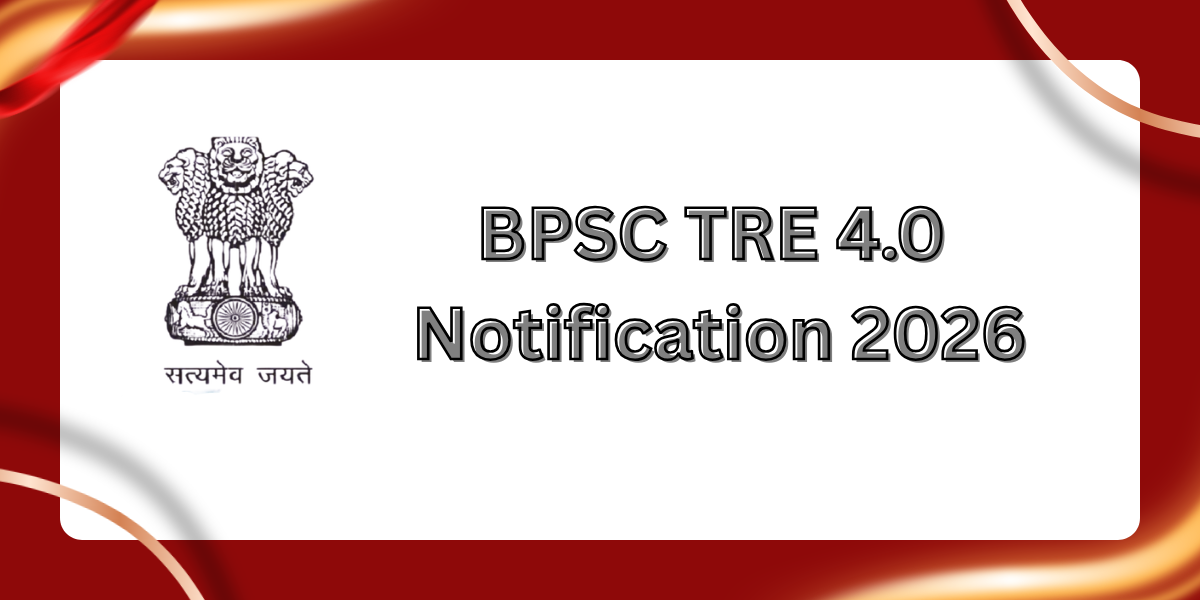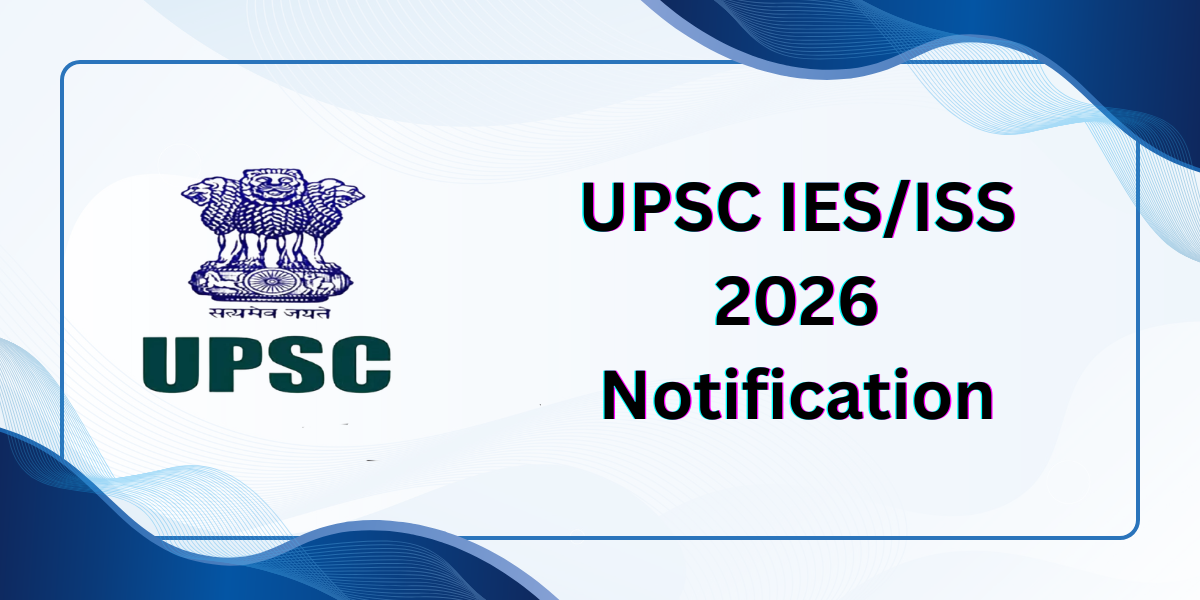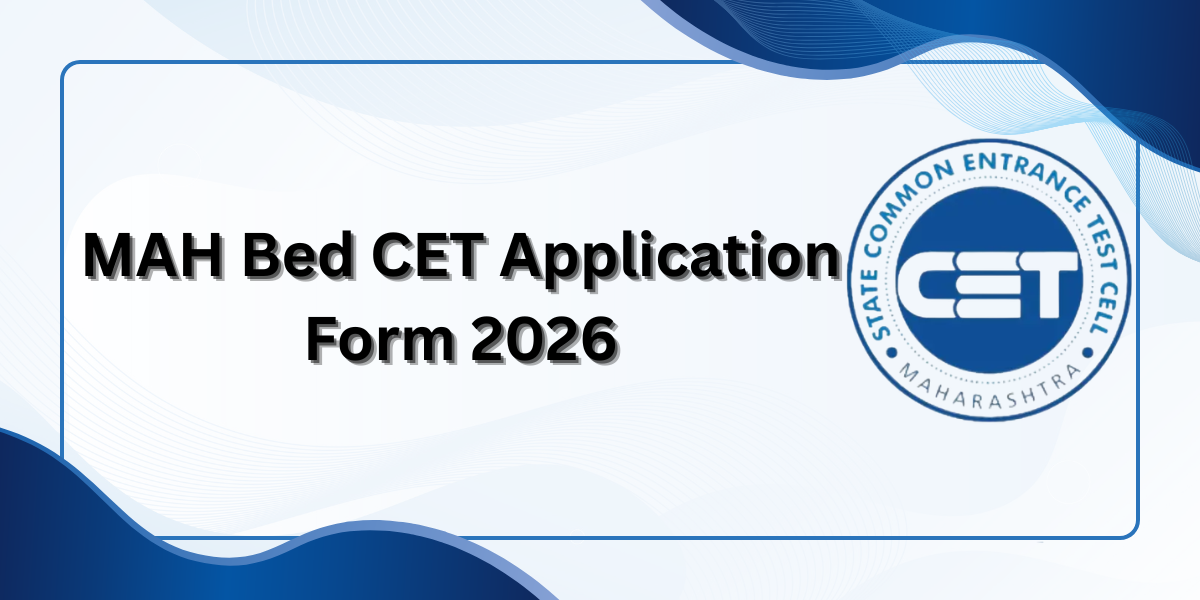When preparing for the SAT, you may come across certain buzzwords that seem to pop up repeatedly in study guides, articles, and tutoring sessions. Terms like “critical reading,” “data interpretation,” “time management,” and “process of elimination” are often used to emphasize key aspects of the exam. But do these buzzwords actually hold any real significance, or are they just marketing jargon?

They Focus on Core Skills: The SAT is designed to test a set of essential academic skills, including reading comprehension, math reasoning, and writing ability. Buzzwords often focus on these core competencies. For example, “critical reading” isn’t just a catchy phrase; it refers to the ability to read complex texts, analyze them, and draw logical conclusions—skills essential for doing well on the reading section of the test.
Strategy-Oriented Buzzwords: Buzzwords like “time management” and “process of elimination” are more about strategy. While these might seem like general test-taking advice, they do apply specifically to the SAT’s timed, multiple-choice format. Efficient time management can prevent you from rushing through questions, and the process of elimination can increase your chances of selecting the correct answer when you’re unsure.
Marketing Influence: It’s also true that some buzzwords are used more for marketing than for genuine insight. Test prep companies may use terms like “crack the SAT” or “SAT success secrets” to grab attention, but the actual advice behind these terms is usually the same: practice, understand the test structure, and focus on your weaknesses.
| Read More Topics |
| Do SAT provide formula of volume |
| How to make hydrogenated water? |
| What are zeros in anthropology? |





